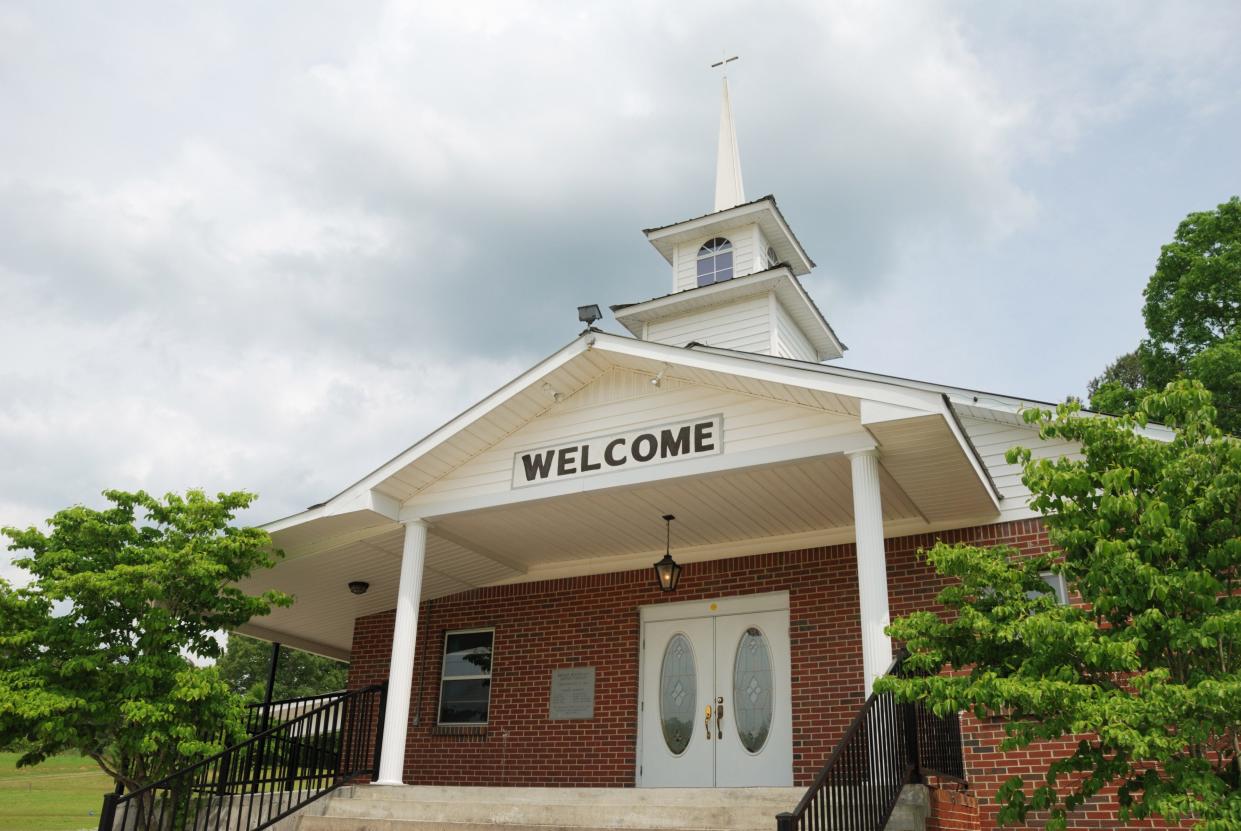Women in the Bible show us more about discipleship than the men do | Rev. Lori Walke

Editor's note: As part of our commitment to foster civil conversations in Viewpoints, we're inviting faith leaders to submit edited versions of their homilies that transcend religion, with messages that can appeal to people of all faith traditions.
Don’t blink or you’ll miss her ― Simon’s mother-in-law, that is. The story is in Mark 1:29-33. Jesus and the disciples show up at Simon’s house for hospitality, only to find that Simon’s mother-in-law is ill. Mark’s description of the healing is sparse: “He (Jesus) came and took her by the hand and lifted her up.” Just as sparse is what happened next: “The fever left her, and she began to serve them.” In Greek, the verb used is diakoneō.
Traditionally, the meaning of the word depends on the gender of the subject. In connection with a woman, it is translated as “waiting table,” but when used with a male subject, suddenly it means “to serve as a deacon in a church,” very prim and proper. The mother-in-law, then, after being healed, has been understood to have immediately started taking food and drink orders.
Like many women, I do not want the mother-in-law’s fever to break just so she can tie on her apron. Even for Jesus. I want him to bring her a bowl of soup and tell her to rest. I want those good ol’ boy disciples to get off their hind ends, turn off the TV, and help a sister out! But it seems the mother-in-law is just one more woman, no matter how sick she’s been, who must coddle men who don’t have the brains to work a microwave.
But it is important to note that one of the themes of Mark’s Gospel is that the male disciples never get it. Instead, the women do.
The mother-in-law leads a long line of women who show us more about discipleship than the men do — ending with the women who were at the cross, long after the “official” disciples had long abandoned Jesus.
In Mark 10, the word used in Jesus’ response to the disciples’ fighting over who gets to sit closest to him in glory is diakoneō: “Whoever wishes to be first among you must serve all.” In Matthew 25, diakoneō is used in Jesus’ description of expected care from the righteous for “the least of these”: to offer food and drink, to tend to the imprisoned, sick and naked. These actions are repeatedly reported of women in the Gospels, but rarely the men.
The point of all of this is not to advocate ovaries over "brovaries." But we should note that women understood Jesus’ message because they were the ones who knew what it was to not have power. They didn’t need Jesus to bring the kingdom of God if it looked just like the kingdom of Rome. They understood the difference between the terror of the sword and the bond of love.
The good news is that the male disciples do not represent all men, only people who believe in power over peace, power over principle. Anyone can choose to serve all.
More: Interpreting theology: Why did God create Eve in Genesis?
The text tells us that in the evening on the same day that Jesus healed the mother-in-law, “the whole city was gathered around the door.” They knew they would be served.
This begs the question: Who is showing up at our door? Is it the sick and weary? Those who are justice-involved? Do they know the Church is a place to find hospitality, hope and healing? When queer kids don’t have anyone to remind them that they are fearfully and wonderfully made, do they head to the nearest steeple for affirmation and assurance? When refugees are dropped off in a new town, is it the Church offering an extravagant welcome?
Our story reminds us that followers of Jesus are supposed to be breaking out the welcome mat, pulling up extra chairs, putting out more place settings and serving all.
So, who needs an apron?

The Rev. Lori Allen Walke is senior minister at Mayflower Congregational United Church of Christ.
This article originally appeared on Oklahoman: Biblical women teach us about serving all. Is Church following example?

